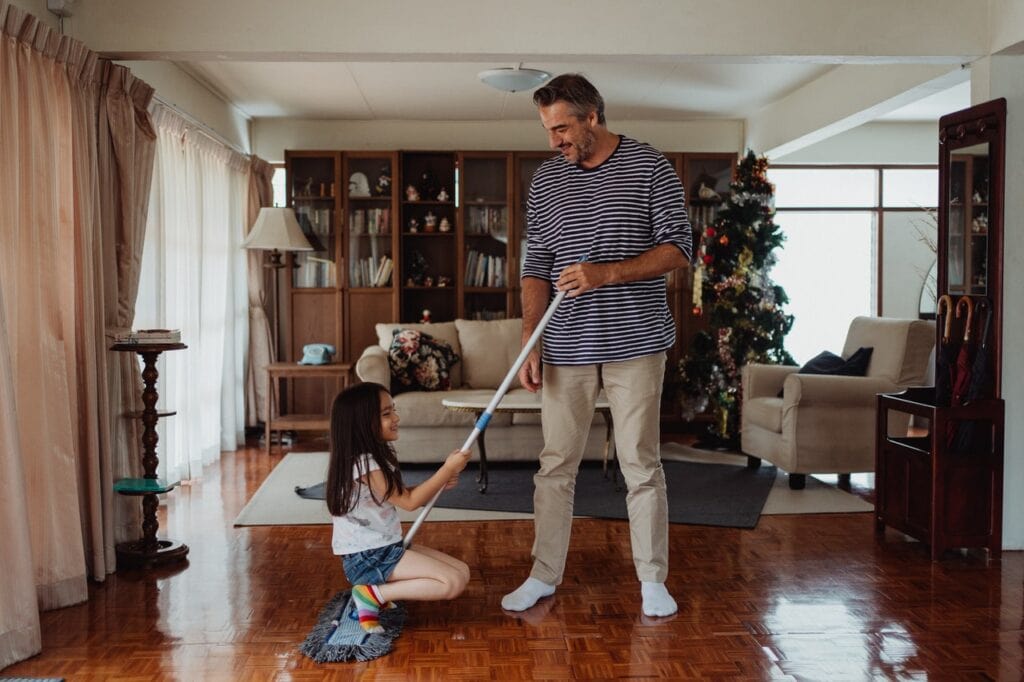Getting visitation rights in Australia is not as easy as it seems. Traditionally, the parent who had full custody of the child had all the decision-making authority. Meanwhile, the current legislation presumes that each parent has equal shared parental responsibility.
This means that both parents must make significant decisions for their child’s care, welfare, and upbringing. The Family Law Act 1975 does not award one parent more visitation rights in Australia. This legislation makes it clear that the child’s best interests should be considered. This article will discuss more about visitation rights in Australia.
Visitation Rights Australia: Potential Scenarios
Until today, there has been a negative judgement on a father’s capacity in caring for their children. For example, the father may not be proactive in caring for their children. Additionally, they may not even support their child’s emotional, psychological, and financial needs. That’s why some scenarios include the child living with the mother instead.
Recent findings from a research show that children prefer to live with their mothers instead of having shared care between both parents. Some reasons listed include the children’s age and the parents’ working patterns as this significantly influenced the parent’s decision-making.
Separated fathers can have more time with their children if they care for their children actively. This is often doable for parents who work together for their child’s needs. Moreover, it’ll be easier to draft up care arrangements even after separation.
Read: Visitation Rights For Fathers

How To Get More Time With Children
Getting more visitation rights in Australia means getting to spend more time with children. Most families have either the father or the mother as primary carers. Parents who want more visitation rights in Australia should change their routines and be more proactive in their child’s life.
It’s not uncommon for solicitors to obtain information about a parent’s involvement in their child’s life. Solicitors need to know how much time and effort they actually put into caring for their children. Furthermore, the challenge for income-earning parents is how they balance their time for work and their children.
For example, working parents often explain that they miss out on their children’s activities. This is because the other parent, i.e., the primary carer didn’t inform them of the activities beforehand. Regardless, parents must be active in seeking that information for themselves. Here are some important tips to stay updated in children’s activities:
- Parents should provide their contact details to the school. This way they can receive timely updates on the child’s activities.
- Secondly, parents should also stay updated on the school’s website for announcements on upcoming events, newsletters, and the like.
- Importantly, the parent should ask their children to confirm if he/she is attending upcoming school events.
How Mediation Can Help
Shared care arrangements need a parent’s proactivity and willingness to communicate. For some families, new arrangements and regular care for the children may be agreed upon. Mediation can be beneficial for families who want proper agreements on parental arrangements.
With mediation, both parents can obtain fair visitation rights in Australia. Parents using mediation can help them get more information about parenting even after separation. Additionally, this makes transitions easier for the children and improves trust and communication between parents.
Denying And Limiting Visitation Rights in Australia
Generally, visitation rights can not be denied in Australia. However, there are special circumstances where visitation rights can be denied. Denying visitation rights in Australia can be done when it is in the child’s best interests to be protected. Here are instances where child visitation rights can be denied:
- If there is a history of domestic violence;
- Drug and alcohol abuse is involved or;
- If a parent has extreme mental health issues.
The court awards sole custody to a parent if these circumstances exist. However, awarding sole custody will depend on the best interests of the child. Any parent requesting this order will have to give a full report with credible claims. The parent seeking sole custody should present police reports, witnesses, statements, and evidence of the relationship’s breakdown.
A parent may limit visitation rights if it is also in the child’s best interests. This is of course subjective and debatable. For example, a parent may limit visitation rights if the other parent has been taking drugs. However, this does not necessarily mean that a child will be at risk in the care of that parent.
In extreme scenarios, a parent may have been taking excessive amounts of alcohol around the child especially when driving. Now, this is a scenario where visitation rights can be limited or even denied. Denying and limiting visitation rights depends on a case-by-case basis.
Supervised Visitation
This type of visitation allows a parent to visit their child but requires someone’s supervision. There are two ways to do supervised contact or visitation. Firstly, an independent person can conduct supervised visits. This ensures the child is in a safe and controlled environment when spending time with the non-residential parent.
Secondly, supervised contact can be done at a changeover from the residential parent to the non-residential parent. A supervisor will ensure the child is ‘handed over’ and ‘handed back safely’. People who are eligible to supervise contact between a parent and a child include:
- Relatives;
- Babysitters;
- Close family friends;
- Supervised visitation centres or;
- Qualified professionals.
This way, visitation rights are not completely cut off. In other circumstances, there may be a history of family violence related to the non-residential parent. Supervised contact will protect the safety of both the residential parent and the child from harm. Click here to read about the rules on supervised visits.

How Seeking Legal Advice Can Help
Practising caution is a must when talking about visitation rights in Australia. Family disputes and relationship breakdowns can affect visitation rights as this can be harmful to a child. JB Solicitors is here to discuss with you how to arrange proper care and visitation arrangements for your family’s well-being.
Our experienced family lawyers can help you determine your visitation rights whether you’re a residential or non-residential parent. Additionally, our lawyers can represent you in court if you opt to have sole custody of your child instead.
As mentioned, mediation can also help disputed parents who want to come to an agreement. Our mediation services can help parents seek an amicable agreement without having to go to expensive court procedures.
Contact JB Solicitors today.
